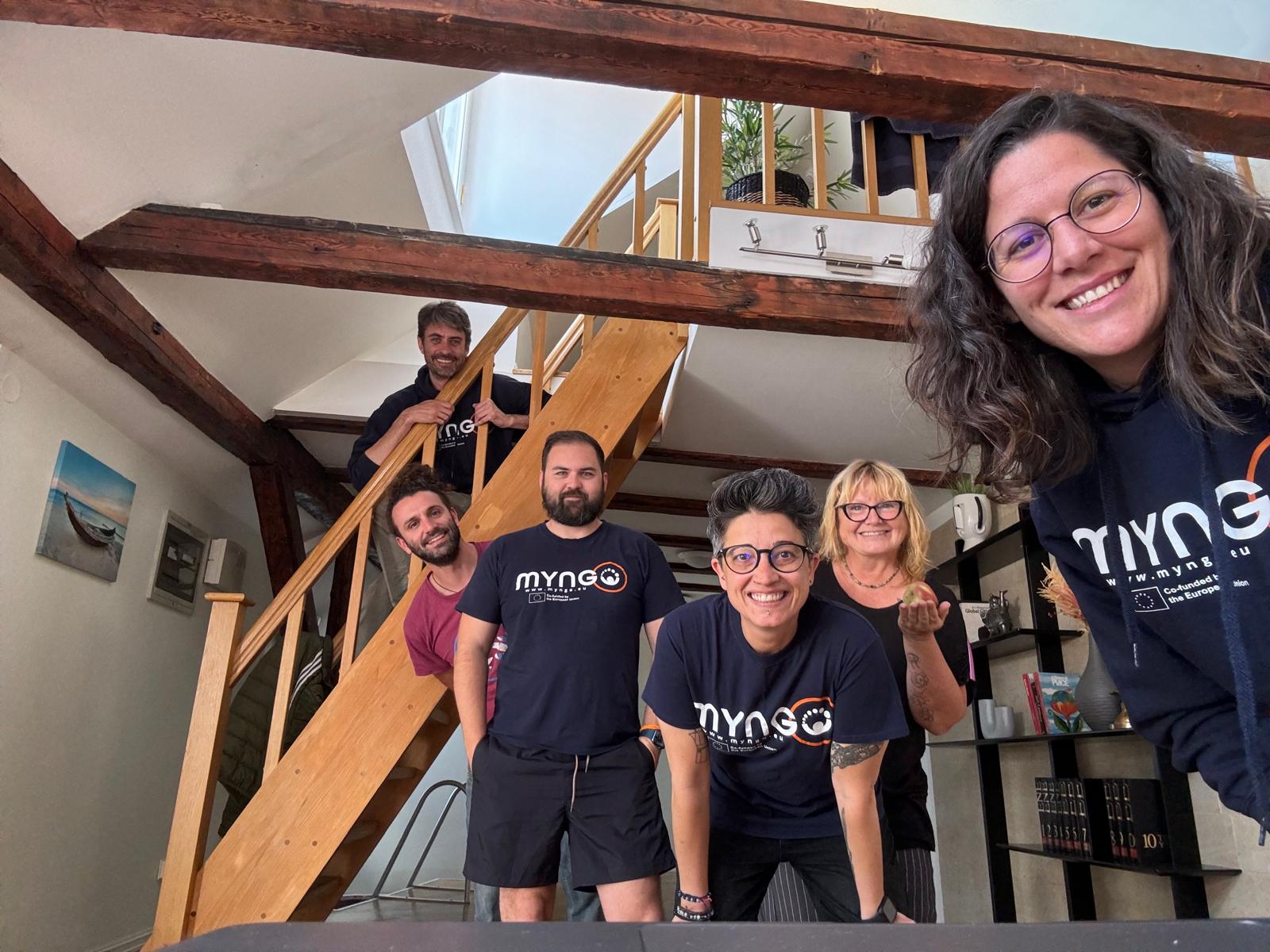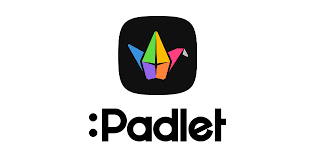Slack is a cloud-based collaboration platform that enables teams to communicate, share files, and work together efficiently.
together efficiently.
Slack can be a valuable tool for NGOs as it offers several features that can enhance communication, collaboration, and productivity within the organization.
- Team Communication: Slack provides a central hub for team members to communicate in real-time. NGOs can create channels dedicated to specific projects, countries, or initiatives. Team members can use these channels to discuss ideas, share updates, and seek feedback, fostering effective communication among team members.
- Remote Collaboration: If your NGO operates across different locations or has remote team members, Slack can facilitate seamless collaboration. It offers features such as instant messaging, video calls, and screen sharing, allowing team members to connect and collaborate regardless of their physical location. This is particularly valuable when working with partners or stakeholders in different countries.
- Document and File Sharing: Projects often involve various documents, reports, and resources. Slack allows easy sharing of files within channels or direct messages. Team members can upload and access important documents, such as project proposals, guidelines, or evaluation reports. Slack also integrates with file storage platforms like Google Drive or Dropbox, enabling smooth collaboration on shared documents.
- Project Management: Slack integrates with popular project management tools like Asana, Trello, or Jira. NGOs can connect these tools to Slack, allowing teams to receive task notifications, updates, and reminders directly within the Slack workspace. This integration streamlines project management processes and keeps everyone informed about project progress and deadlines.
- Community Building: Slack provides an opportunity to build a community within your NGO and foster engagement among team members. You can create channels for social discussions, team-building activities, or knowledge sharing. Additionally, NGOs can create channels to connect with partners, participants, facilitating networking, information sharing, and collaboration.

6. Notifications and Reminders: Slack offers customizable notifications and reminders, ensuring that important information and deadlines are not missed. NGOs can set up reminders for upcoming events, submission deadlines, or key milestones within projects. This helps to keep everyone on track and ensures timely actions.
7. Integration with Erasmus+ Tools: Depending on the specific tools used within the Erasmus+ program, Slack can integrate with them to provide seamless workflows. For example, if your NGO uses the Erasmus+ Mobility Tool or the Online Linguistic Support platform, you can set up notifications or automated updates to be sent directly to relevant Slack channels.
8. Crisis Communication and Emergency Response: In situations requiring urgent communication or crisis response, Slack can be a valuable tool. NGOs can create dedicated channels for emergency situations, allowing team members to quickly share updates, coordinate actions, and mobilize resources. This ensures efficient communication and response during critical times.
Slack can enhance collaboration, communication, and project management within an NGO. It provides a centralized platform for team members, partners, and stakeholders to connect, share information, and work together effectively, regardless of their physical location.
Want to find out how best to use Slack? Join our e-learning






